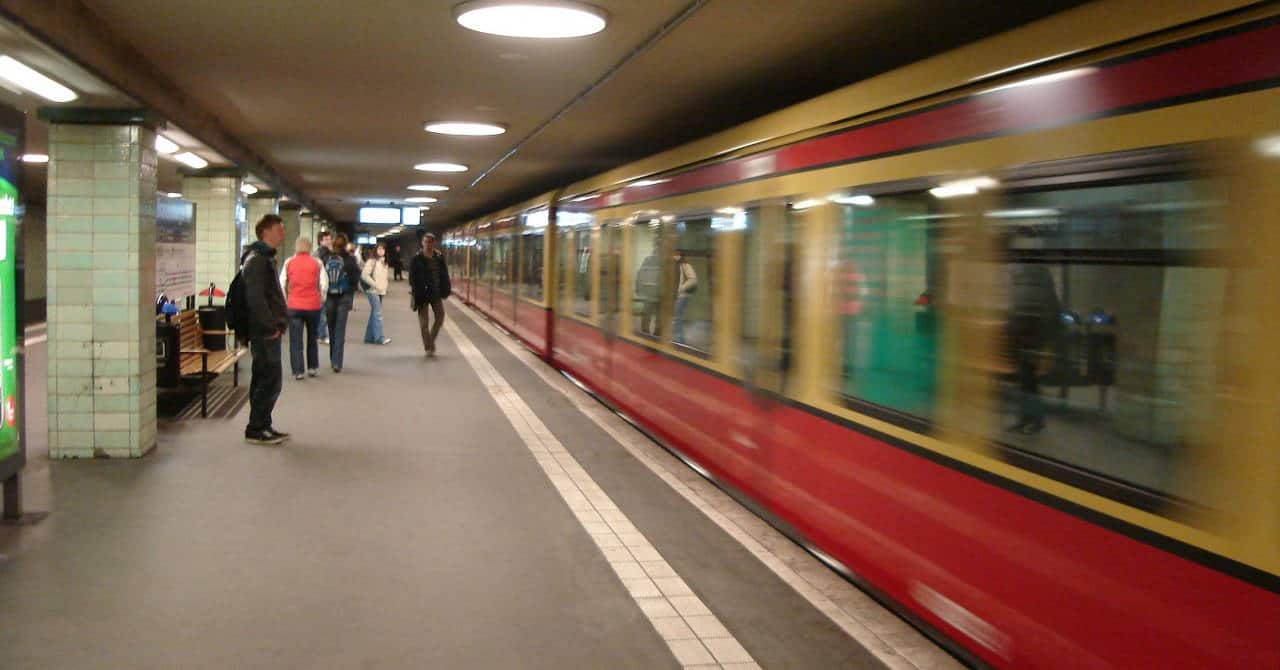New research led by the Technical University of Munich and presented in Berlin reveals that German public transport generates three times more economic value than it costs.
According to the MCube cluster study for Deutsche Bahn’s “Zukunft Nahverkehr” initiative, every euro invested in buses and trains benefits the national economy by three euros.
The report estimates that while public transport costs €25 billion annually, its contribution to the economy amounts to €75 billion. This positive impact is reflected not only in the transport sector, but also in related industries such as vehicle manufacturing, cleaning services, commerce, tourism and the labour market.
Trenvista Premium te lleva directo, sin anuncios que hagan descarrilar tu lectura ni tu paciencia.
Únete por sólo 35€ al año, disfruta de contenidos exclusivos, más ventajas y cancela cuando quieras.
★ Empieza ahora
In addition, public transport helps to reduce social costs from traffic accidents, land consumption, noise, pollution and CO₂ emissions. If all public transport traffic were shifted to the private car, social costs would increase by €9 billion annually.
The research underlines the importance of further investing in and expanding the public transport network as a key driver for the economy and sustainability in Germany.
Although the data cannot be extrapolated to other countries, they clarify that public transport is not loss-making globally.
